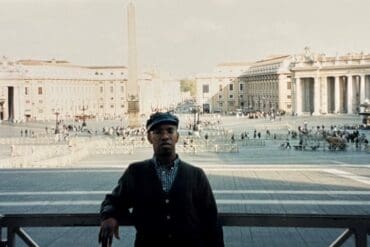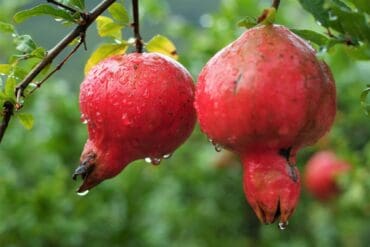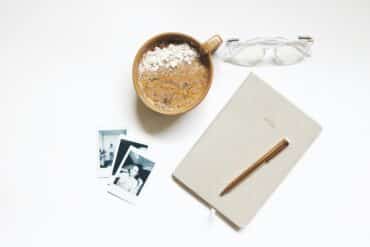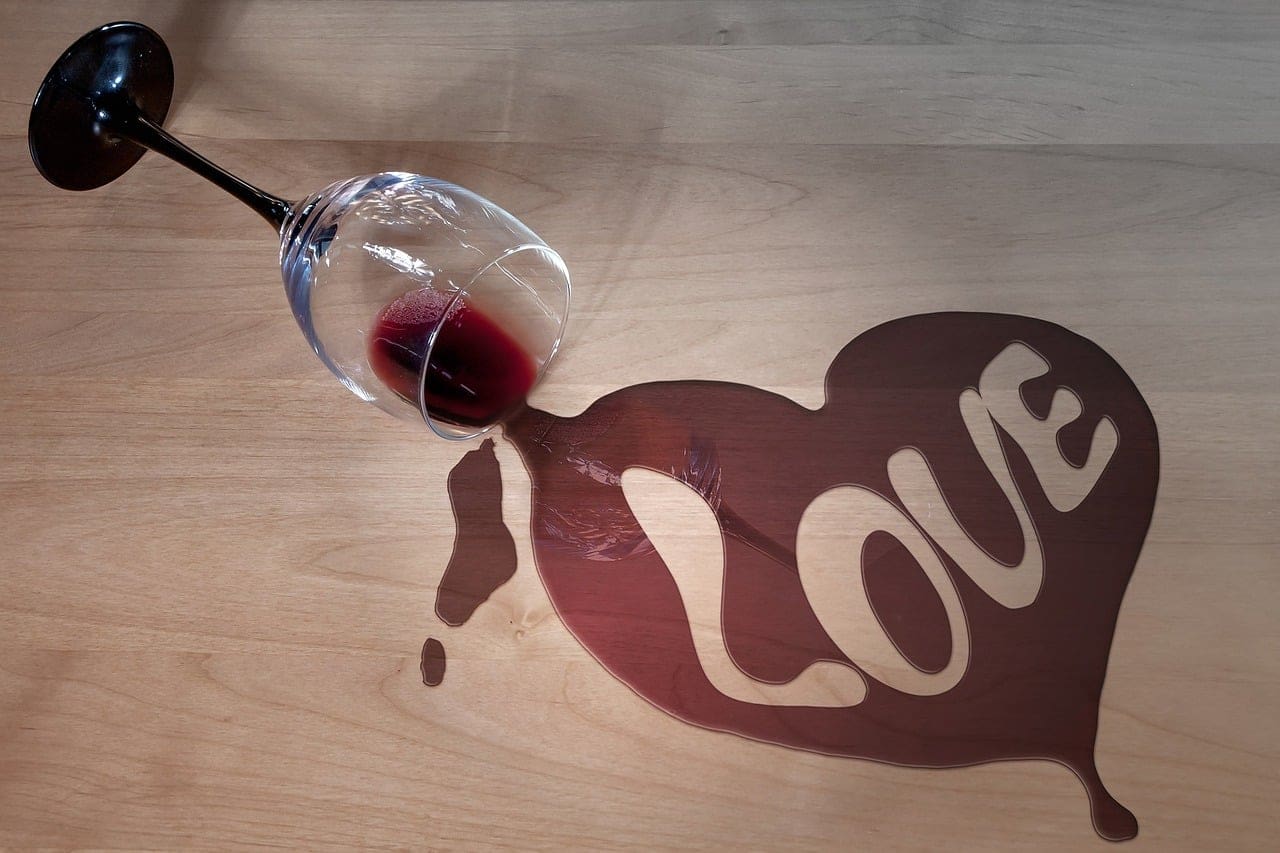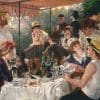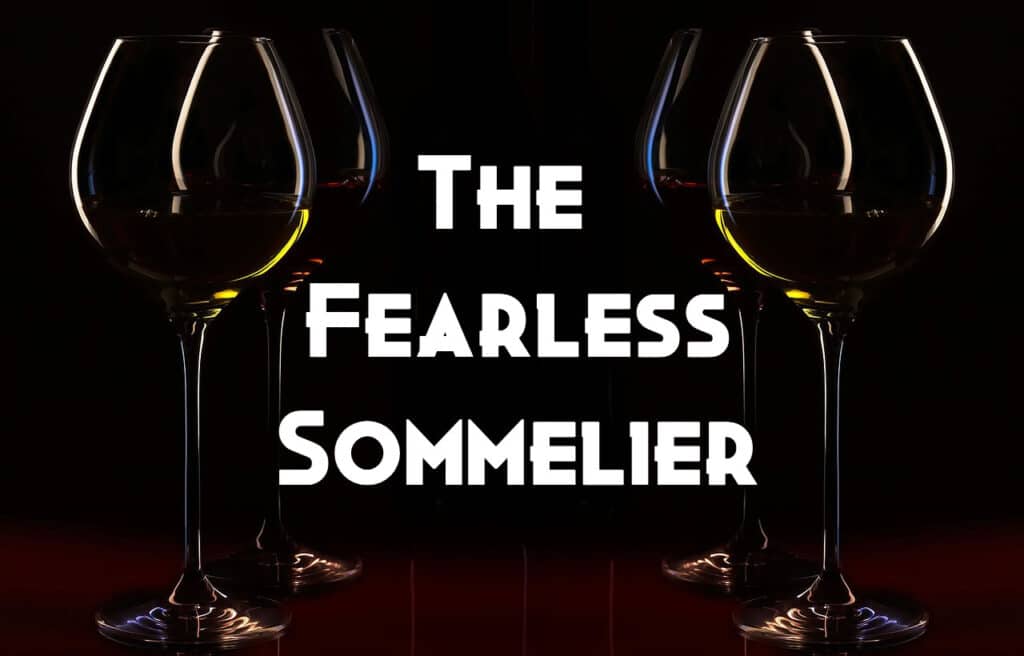
Genuine Confessions from the Fearless Sommelier: Wine In The Blood
My parents drank wine with dinner every night. There’s nothing remarkable about that, but to a self-conscious kid growing up in Mid-Missouri it was weird. Never mind our other quirks: The raw duck carcass my mom would hang off the front balcony so that the skin would dry out for crispy Peking duck or my brother’s pet boa constrictors that escaped on a regular basis causing great alarm on the block. We owned matching kimonos and sometimes picnicked in our front yard.
But for some reason the wine bothered me most. When my friends came over for dinner I would wait, mortified, for my dad to call up to the kitchen on an antiquated intercom system to ask my mom what we were eating. He had built a wine cellar in our garage where he would spend hours sorting bottles and studying vintages. Daffodils had bloomed early in the spring of my birth, but the grapes in Léognan, France were slow to ripen. He bought six bottles anyway so that we could age together.
While other kids were drinking Shasta with their roast chicken, we were decanting Domaine de Chevalier Bordeaux Grand Crus Classé. Even with Kung Pao shrimp take-out from the House of Chow he would open a young Chablis. My mom swirled it thoughtfully and offered words like snappy or supple. My dad would smile. On Friday nights I was given a glass of watered-down wine so I could join my parents in describing it. I never smelled blackberries or forest floor and made a spectacle of grimacing in the most exaggerated way possible with every sip. By no means was I a typical kid, but for my one act of childhood ordinariness I staunchly rejected my father’s greatest passion.
“I started drinking Italian wine exclusively. I had no concept of quality. All I knew was that drinking those wines—even the cheapest Pinot Grigio, made me feel connected to a sunnier, happier place.
In my teens I began to appreciate fine wine. Back then if you didn’t have an older sibling, the only way to get liquor underage was to take your chances stealing at the convenience store South of town. After a close call with the local police, I stuck to the straight and narrow and only stole from my own house.
When I graduated from high school my dad opened a bottle of vintage Champagne. We might have bonded over the bubbles had he been in better spirits. He suffered for years from chronic back pain that had worsened considerably around the time I left for college. After a number of failed surgeries he had been forced to shut down his medical practice and would spend his days in bed attempting to alleviate the pain with diverse cocktails of prescription medication and wine and spirits. I watched his joyous pastime devolve into something of an addiction and it scared me.
I didn’t touch wine again until a semester abroad in Italy where I discovered Chianti (among other delights). After that I started drinking Italian wine exclusively. I had no concept of quality. All I knew was that drinking those wines—even the cheapest Pinot Grigio, made me feel connected to a sunnier, happier place.
“As the bottle came back to life, in our own way we conjured his spirit with it. A month later, infused with the sense of urgency to live that only loss can inspire, I returned to Rome.
I vowed to move back there one day and eventually did. I had been living in Rome for almost a year, freelance writing for travel guidebooks and teaching English when my dad passed away one night in his sleep. The next day, I flew home. During the drive from the airport, West on I70, I watched flat plains and strip malls glide past the window on repeat. My father had chosen Missouri so that our family could flourish. He traveled the world and then settled. Maybe his wine collection had helped him feel connected to happier places too, especially on days when he could barely leave the bedroom.
Together with my mom and aunt we opened a bottle of his favorite Bordeaux. We let it breathe for a few hours. As the bottle came back to life, in our own way we conjured his spirit with it. A month later, infused with the sense of urgency to live that only loss can inspire, I returned to Rome. Determined to produce more than hotel reviews and museum round-ups, I enrolled in a sommelier course to bolster my writing career. I figured Italian wine expertise would help garner more interesting assignments, even bylines in glossy food magazines.
“When I hear myself use words like snappy, supple, or phrases like volatile aromatic compounds to describe wine, I’m pleased to have embraced my own uncommon existence.
I never intended to work as a wine professional. Yet somewhere during the three-year course something shifted. To allocate wine to the ‘other skills’ section of my resume felt unnatural. Dishonest even. The more I learned the wider my world became, and I wanted to share it.
I left Italy for New York City in 2009. I miss it terribly, but through a lucky conglomeration of wine jobs I feel connected to it every day. There’s an extraordinary satisfaction in watching my students and clients feel it too: the magical connection of wine to place. When I hear myself use words like snappy, supple, or phrases like volatile aromatic compounds to describe wine, I’m pleased to have embraced my own uncommon existence. Now in my forties, I’m no longer that quirky kid longing to be normal. At the same time, I do find solace in the ordinary. Just like everyone else, I too became my dad.
Credits
Featured image of spilled wine spelling “love” by JoeBu from Pixabay.
Learn More
New to autoethnography? Visit What Is Autoethnography? How Can I Learn More? to learn about autoethnographic writing and expressive arts. Interested in contributing? Then, view our editorial board’s What Do Editors Look for When Reviewing Evocative Autoethnographic Work?. Accordingly, check out our Submissions page. View Our Team in order to learn about our editorial board. Please see our Work with Us page to learn about volunteering at The AutoEthnographer. Visit Scholarships to learn about our annual student scholarship competition.
Annie B. Shapero is a sommelier and the founder of DiVino Wine Consulting and Communication. She holds a B.A. in playwriting and modern language and comes from a background of travel, food, wine, and romance writing. Her work has been featured in The American Magazine, Amex Essentials, Fields and Stations, Every Day Fiction, Insight Publications, Dorling Kindersley, and Time Out. As a wine educator, Annie emphasizes the power of scent and storytelling, as well as the importance of wine tasting as a social ritual and a shared sensory experience. Her free YouTube series: 21 Days to Wine is an effort to make wine tasting more inclusive, accessible and emotionally impactful. She lives between New York City and Rome, Italy.


